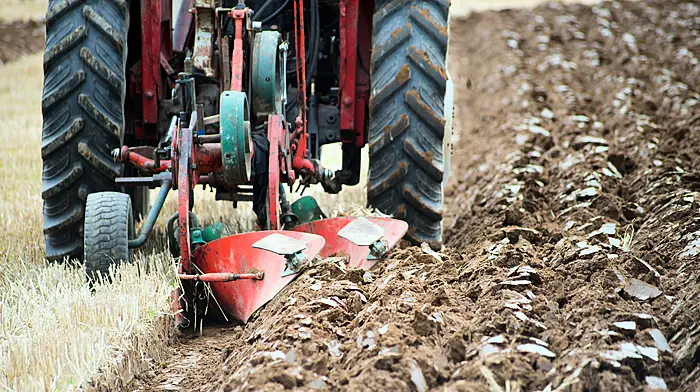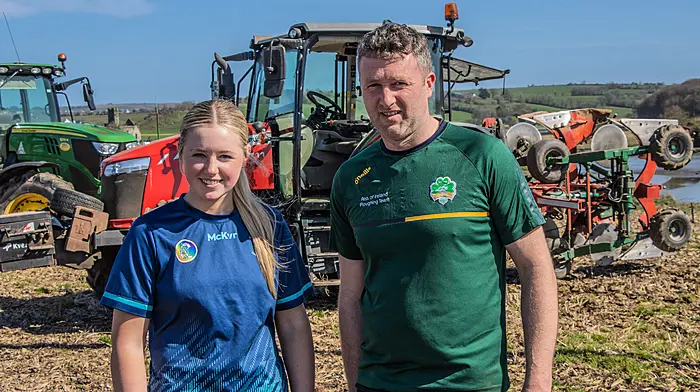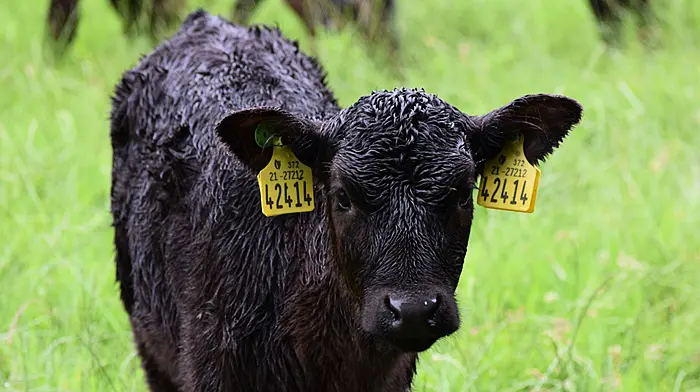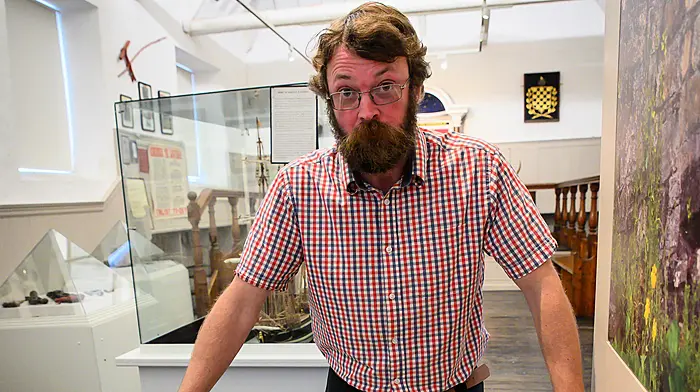AROUND 16% of farmers plan to exit the industry in five years’ time compared to in 2021, a study carried out by Ifac has found.
The food and agribusiness specialist professional services firm launched its Irish Farm Report 2024 last Thursday, and includes the findings from its annual farmer survey of more than 1,000 Irish farmers. The survey took place between October and November 2023.
The survey found a continuing trend of farmers planning to exit the industry over the next five years, while nearly one-fifth of farmers surveyed said there is a lack of interest from the next generation in the farming lifestyle.
Interestingly the study found that Cork had the highest number of young farmers (14%).
Other findings of the survey included:
• One in two farmers have no will in place, leaving potential beneficiaries exposed to tax issues
• One in three do not have a pension in place.
An alarming finding of the study was that a quarter of farmers claimed planned farm expenditure was affected by delays in TAMS III approval. One in three farmers are unsure if they have sufficient working capital/cash on hand for the next six months.
According to the findings, 66% of Irish farmers say input prices are still their biggest concern. Almost half of Irish farming families (48%) have yet to identify a successor – but this is an improvement on last year, at 69%.
However, 94% still believe there are significant challenges for succession planning, with 1 in 4 naming viability as the biggest obstacle.
‘While many farmers are concerned about the things they cannot control, there are still opportunities for many to ease some of their worries about the future by getting the right financial advice about the actions they can take. These include identifying a willing successor; putting a will, sufficient life cover and a pension in place; preparing budgets and managing cashflow,’ said Ifac chief executive John Donoghue.
‘The reduced nitrogen limits on Irish dairy farms to protect water quality and the environment are likely to have far-reaching income effects for Irish dairy farmers. Regardless of the route they take, these farmers need to assess their circumstances and develop a plan that will help them to achieve the environmental objectives and their business objectives.’
For more on the results of the survey, see www.ifac.ie








